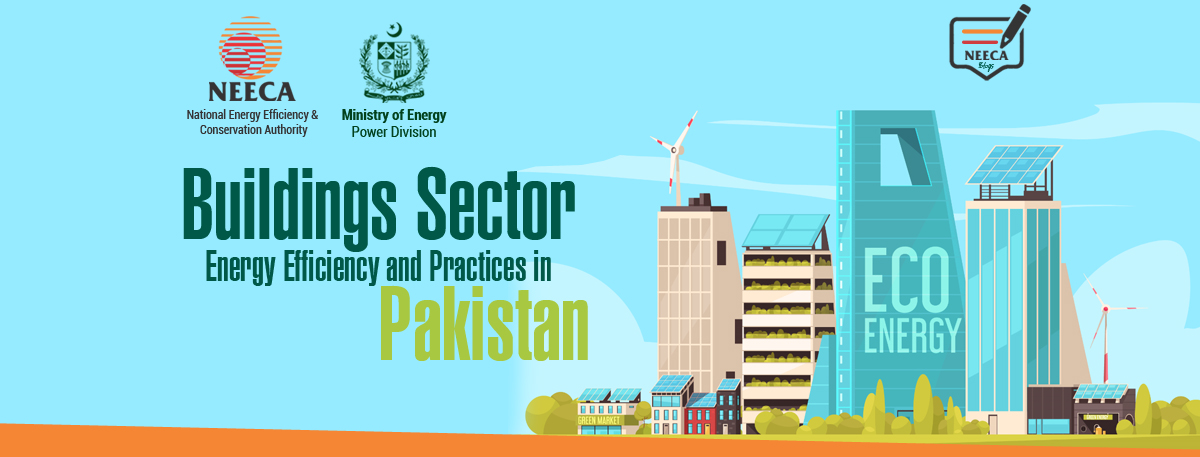Comfort has become more important in today's life. On the other hand, it is a major challenge for most of the population to maintain a comfortable indoor temperature for long hours. As a result of climate change, the global temperature is rising, with the situation being mostly influenced by many countries, including Pakistan. Energy use as electricity or fuels has become a part of our daily lives as electricity shortages and higher fuel prices put additional pressures on the consumers. Many of us live inefficiently in poorly designed homes with active refrigeration and heating systems. Pakistan is a young country where 64% of its population is under 30 years old, and 20% between 15 and 29 years old. Comfort is a fundamental requirement for a nation dominated by young people because the comfort of the environment creates a healthy lifestyle and increases productivity.
The fast-growing urban population, the usage of latest equipment and technology and the growth of the consumer network are rising worldwide in energy use and demand. Several countries worldwide face energy shortages and rising demand for energy. The energy crisis has also been a serious one in Pakistan for many years. Initially, the country faced excessive electricity outages, which are now followed by exceptionally reduced energy supply, energy distribution problems, and electricity line losses.
The population of the country rises at 2% per year, while in South Asia the urban population grows at the maximum rate of 3% a year. The Demographic Division of the United Nations predicted that almost half the population would be living in urban areas before 2025 However, the energy shortage, and supply and demand issues, there is a strong need, in implementing energy saving methods and practices, to minimize residential and commercial energy consumption. In addition, the understanding of energy usage and climate change impacts, suggest that most of the existing buildings in Pakistan are not built to bear the climate change extremes. Concrete and glass are popular building materials in buildings, but the required thermal comforts for the buildings are not provided. In several buildings, the use of air conditioning equipment is common. Recent studies have shown that most of the houses in Quetta, Pakistan, have been made from concrete structures, and single glazed glass has been used mainly to glaze the ventilators.
At institutional level, efforts to conserve energy are insufficient. In every sector like buildings, there is one federal authority that is responsible for energy conservation. Housing has great economic and social impact on human lives. It affects our way of life, our health, our environment and our education and our social life. A defective house does not meet residents' requirements and needs, whereas a good house provides a good living and working atmosphere. Due to technological change, rising population and technical and skilled jobs, housing has become a fast-growing industry. However, housing faces a range of problems and concerns including housing scarcity, insufficient planning and design, unsatisfactory infrastructure and services, inadequate accessibility, housing financing etc. Several countries, like Pakistan, are faced with the rising population in the country's housing shortage.

